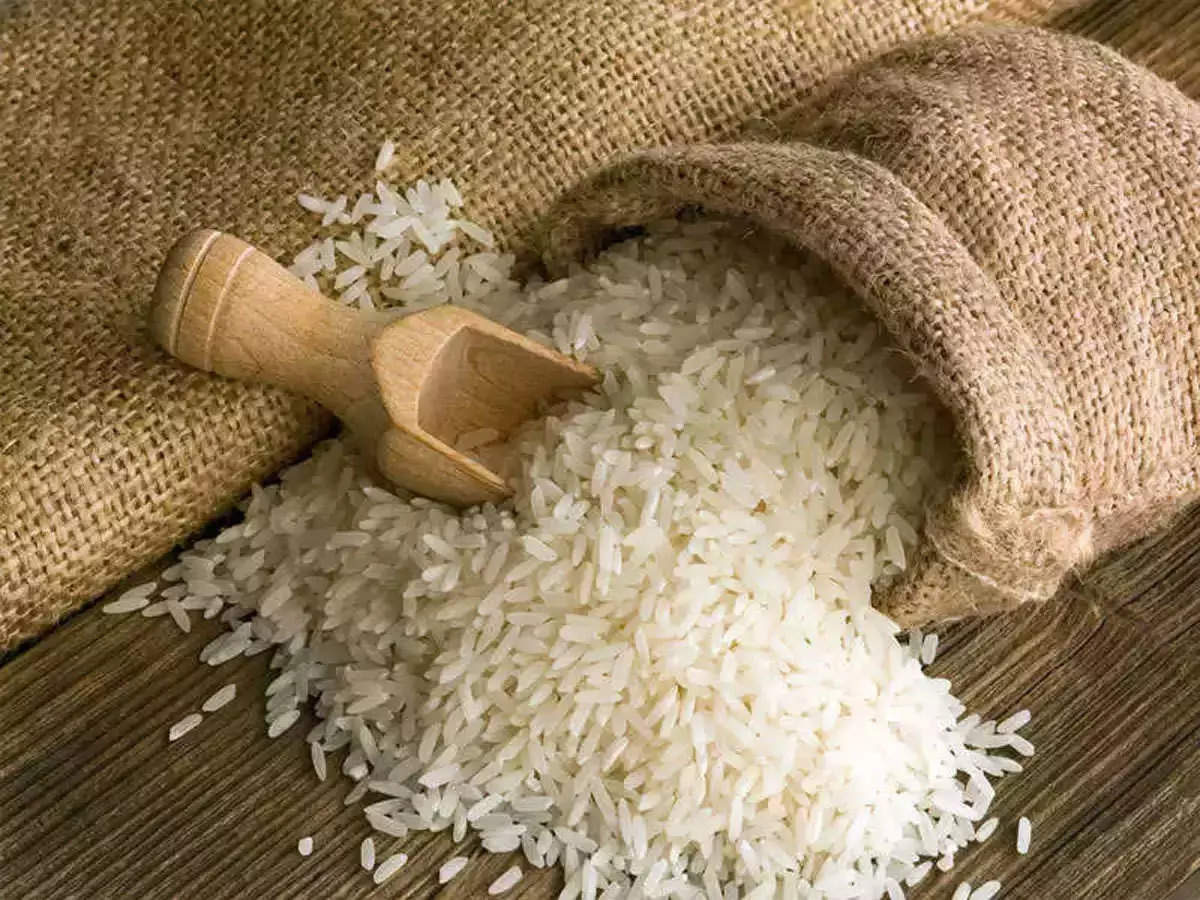

India, a dominant player in grain exports, had already suspended the export of white rice on July 20, propelling global prices to their highest point in 12 years, as indicated by the Food and Agriculture Organization’s rice price index. This fresh restriction on parboiled rice exports is expected to further accelerate the upward trajectory of global prices.
The introduction of the export duty by India will raise the cost of parboiled rice for foreign purchasers, thereby constraining its sales abroad and amplifying its availability within the country. The recent prohibition on exporting common rice grades had already prompted an increase in overseas demand for the parboiled variety.
In response to elevated food inflation, which experienced a notable 11% rise in July, the government has taken a comprehensive approach to curb cereal exports. This strategy encompasses two main components: ceasing exports altogether and releasing stocks from state-controlled granaries.
Beginning in May 2022, India had suspended wheat exports due to a reduced crop yield caused by an intense heatwave. This year, with concerns over an irregular monsoon influenced by the El Nino weather phenomenon, the government has prioritized building up domestic food reserves. El Nino, characterized by warmer ocean temperatures, typically leads to drought conditions in India by suppressing the monsoon.
To counteract inflationary pressures on cereals, the government has engaged in a two-fold approach: preventing exports and facilitating the release of stored reserves. On August 8, the government declared its intention to auction an additional five million tonnes of wheat and 2.5 million tonnes of rice. Moreover, the government lowered the reserve price of rice from ₹31 per kilogram to ₹29 per kilogram, aiming to stimulate the quantities purchased by traders.
Dharmakirti Joshi, Chief Economist at Crisil Ltd, cautioned about the ongoing risk of food inflation due to excessive rain damage to vegetables. With current production trends, pulses remain susceptible, according to a recent research note authored by Joshi.